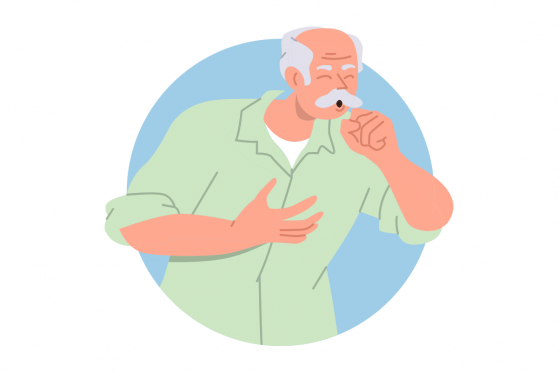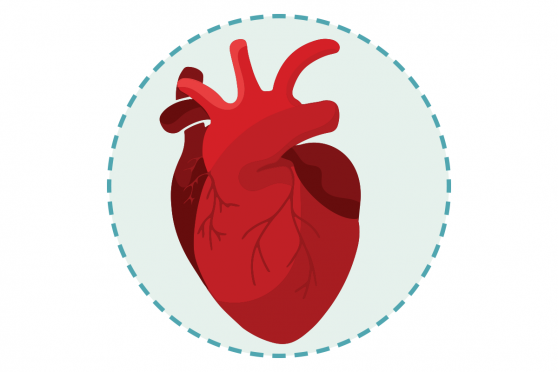Lower Your Risks of Cancer
Simple everyday choices can help prevent the disease

Choose good foods
Fill two-thirds of your plate with vegetables, whole grains, beans and fruit. Shop for foods that experts think help fight cancer, such as broccoli, squash, dark greens, blueberries and tomatoes. These foods are also low in calories.
Enjoy lean protein like fish and chicken. Beans are a good alternative source of protein. Studies show that adding them to your diet helps control weight, blood pressure and cholesterol.
Limit red meat. More than 18 ounces per week increases risk of colorectal cancer. Also try to limit salt and sugar.
Keep active
Thirty minutes a day is all it takes. Try to do something that gets your heart rate up. Find an activity you enjoy. Brisk walking, dancing, swimming and playing basketball are great options. Doing yard work also counts. Raking leaves is a great calorie burner. The benefits of exercise go beyond helping to fight cancer. Regular physical activity will make you stronger, give you energy and reduce stress.
Stay at your healthy weight
There’s a link between being overweight and increased risk of cancer, according to laboratory studies. It’s so easy for those extra pounds to sneak up on you. Choosing good foods and staying active can help you prevent weight gain. Just keep an eye on the amount of calories in your meals and snacks. Eating 100 calories more than you burn every day can result in gaining one pound a month.
Give up smoking
The number one cause of lung cancer is cigarette smoking. If you smoke or use tobacco, do your best to quit. It’s never too late. Your body begins repairing itself soon after your last smoke. Maybe you’ve tried to quit before. Try again! Most successful quitters need a few attempts. Your doctor may suggest medications that can help make it easier.
Get your checkups
Make sure you’re up to date on your cancer screenings. Ask your doctor at your next visit if you are due for any tests or checkups. It will depend on your age, gender and risk factors. Checking for certain kinds of cancer, such as skin and breast cancer, before symptoms appear can improve chances of finding symptoms early. That’s when treatment can work best.
Making healthy choices will not always guarantee that someone does not get cancer. But making those choices that reduce your risk of cancer are proven to lower your risk of heart disease and type 2 diabetes.



